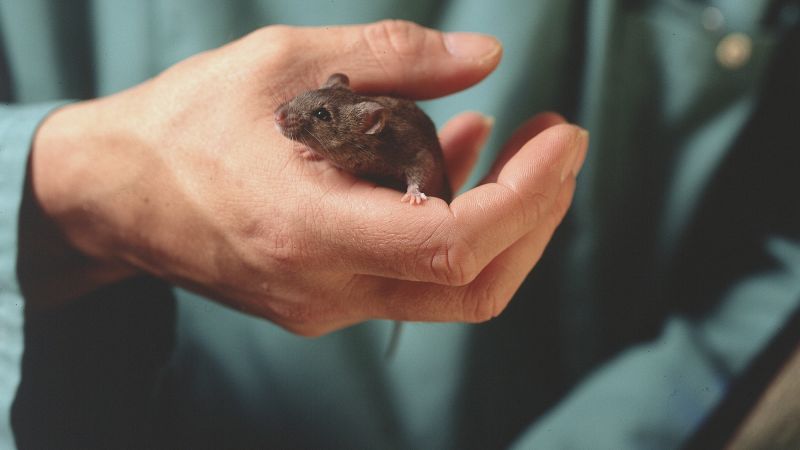11/01/16 Microglia cause inflammation in Alzheimer mouse model
Studies in laboratory mice and deceased Alzheimer’s patients shows the key role of microglia, a type of immune cell, in causing brain inflammation associated with Alzheimer’s. It is believed that this inflammation is not a side effect of the disease, but drives its progression – this means that preventing the inflammation could potentially prevent the disease getting worse. Experiments in mice to reduce the inflammation successfully prevented the memory problems in mice, that are normally associated with the disease.
Scientists have been implanting human-animal hybrid embryos into dozens of sheep and pigs in a bid to grow human organs for transplantation. By modifying the DNA of the embryos they can prevent certain organ tissues from being created, then use the human DNA to encourage a human-version of the organ to be grown inside the animal. The technology is not entirely new; for many years scientists have been humanising the immune systems of mice in order to understand diseases and test new medicines.
“The NHS has previously said human-animal chimera technology could save hundreds of lives every year. In 2014, 429 people died while on the organ transplant waiting list.”
http://www.dailymail.co.uk/…/Human-organs-transplant-grown-…
13/01/16 Acute myeloid leukaemia genes identified
Research funded by Cancer Research UK and Bloodwise has identified a pair of genes (KDM4C and PRMT1) that could play a major role in the development of acute myeloid leukaemia (AML). KDM4C and PRMT1 knock out mice with a form of leukaemia displayed significant survival rates after a 60-day period compared to the group of mice who did not review treatment - the majority of mice died in under 40 days. AML affects 2,800 patients in the UK each year and treatment involves aggressive chemotherapy with only one in five patients surviving for five years or more, therefore this research could provide a much needed new avenue for treatment.
http://www.cell.com/cancer-cell/abstract/S1535-6108%2815%2900471-7
14/01/16 Great white sharks filmed attacking a submersible
This must be the science video of the week! A drone gets attacked, providing evidence that this shark comes up at their (seal) prey from below. Don't show it to your children!
http://www.theguardian.com/…/great-white-shark-predatory-be…
15/01/16 Urine smell test can detect Alzheimer's in mouse model before other symptoms show
Assistant Professor Dr Daniel Wesson, at the Case Western Reserve University School of Medicine, said: "While this research is at the proof-of-concept stage, the identification of distinctive odour signatures may someday point the way to human biomarkers to identify Alzheimer's at early stages."
The study published in the journal Scientific Reports involved the study of three separate mouse models, known as APP mice, which mimic Alzheimer's-related brain pathology.
Using both behavioural and chemical analyses, it was found each strain of APP mice produced urinary odour profiles that could be distinguished from those of control mice.
PCB's still poisoning Europe's dolphins and whales
Organochlorine (OC) pesticides and the more persistent polychlorinated biphenyls (PCBs) have well-established dose-dependent toxicities to birds, fish and mammals in experimental studies, but the actual impact of OC pollutants on European marine top predators remains unknown. Here we show that several cetacean species have very high mean blubber PCB concentrations likely to cause population declines and suppress population recovery. In a large pan-European meta-analysis of stranded (n = 929) or biopsied (n = 152) cetaceans, three out of four species:- striped dolphins (SDs), bottlenose dolphins (BNDs) and killer whales (KWs) had mean PCB levels that markedly exceeded all known marine mammal PCB toxicity thresholds. Some locations (e.g. western Mediterranean Sea, south-west Iberian Peninsula) are global PCB “hotspots” for marine mammals.
http://www.bbc.co.uk/news/science-environment-35302957
http://www.nature.com/articles/srep18573
Last edited: 9 March 2022 10:54



